- News
- Reviews
- Bikes
- Components
- Bar tape & grips
- Bottom brackets
- Brake & gear cables
- Brake & STI levers
- Brake pads & spares
- Brakes
- Cassettes & freewheels
- Chains
- Chainsets & chainrings
- Derailleurs - front
- Derailleurs - rear
- Forks
- Gear levers & shifters
- Groupsets
- Handlebars & extensions
- Headsets
- Hubs
- Inner tubes
- Pedals
- Quick releases & skewers
- Saddles
- Seatposts
- Stems
- Wheels
- Tyres
- Tubeless valves
- Accessories
- Accessories - misc
- Computer mounts
- Bags
- Bar ends
- Bike bags & cases
- Bottle cages
- Bottles
- Cameras
- Car racks
- Child seats
- Computers
- Glasses
- GPS units
- Helmets
- Lights - front
- Lights - rear
- Lights - sets
- Locks
- Mirrors
- Mudguards
- Racks
- Pumps & CO2 inflators
- Puncture kits
- Reflectives
- Smart watches
- Stands and racks
- Trailers
- Clothing
- Health, fitness and nutrition
- Tools and workshop
- Miscellaneous
- Buyers Guides
- Features
- Forum
- Recommends
- Podcast
review
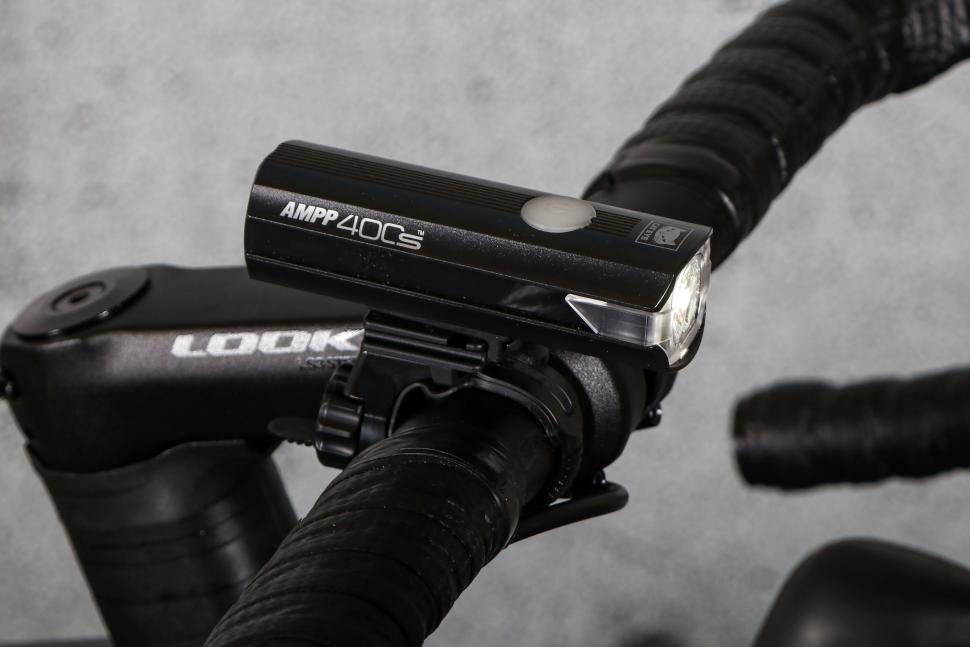 2024 Cateye AMPP 400S.jpg
2024 Cateye AMPP 400S.jpg£34.99
VERDICT:
Well priced and powerful enough for seeing where you're going, as well being seen
USB-C charging
Good value
Easy fitting
Narrow beam
Weight:
115g
Contact:
At road.cc every product is thoroughly tested for as long as it takes to get a proper insight into how well it works. Our reviewers are experienced cyclists that we trust to be objective. While we strive to ensure that opinions expressed are backed up by facts, reviews are by their nature an informed opinion, not a definitive verdict. We don't intentionally try to break anything (except locks) but we do try to look for weak points in any design. The overall score is not just an average of the other scores: it reflects both a product's function and value – with value determined by how a product compares with items of similar spec, quality, and price.
What the road.cc scores meanGood scores are more common than bad, because fortunately good products are more common than bad.
- Exceptional
- Excellent
- Very Good
- Good
- Quite good
- Average
- Not so good
- Poor
- Bad
- Appalling
The Cateye AMPP400S is a pocket-friendly front light that will not only help to keep you seen but light up the road or trail ahead when you need to see where you're going. It does this at a pretty good price, too.
The AMPP400S builds upon its predecessor, the AMPP400, with a USB-C charging facility. This means it's more efficient and convenient to charge than its older sibling with its micro-USB charging setup.
The price is kept down by using a hard plastic construction rather than an aluminium body found on more expensive lights. I like the sleek yet simple design, with neat graphics that look good on any bike. It's robust and solid without feeling overly cheap and plasticky, and the cut-away sides and knurled top make it easy to grip, even with gloves on. I didn't drop it once during testing.
The light is rated as having IPX4 water resistance, which in simple terms means it can be splashed or used in heavy rain and will be fine, but it cannot be fully submerged in water. I had no problems when caught in bad weather, it worked fine.
Mount
I like the simplicity of the FlexTight mount, which is like a large reusable zip-tie with a tightening wheel, known in the trade as a worm wheel. This might not sound overly tech but it works well and keeps everything securely in place. It's also simple and quick to fit. Even riders with limited spanner skills will have this fitted in seconds.
The simplicity of the design means it's quick and easy to switch between bikes, and what's also good is that it works with aero-shaped bars along with regular round handlebars.
Modes
As the name suggests, the AMPP400S offers up to 400 lumens at full power, and has five modes to choose from, for different riding situations. These include high, medium and low solid outputs, along with two flashing. You cycle through the modes easily with a push of the rubber on/off button.
The full 400-lumen beam is ideal for lit roads – especially in poor weather – and was also bright enough for me to see and feel safe on unlit roads. It even worked on open trails on my gravel bike on a clear night.
For most of my dry dark rides on lit roads I found the medium (200 lumens) or even low (100 lumens) modes were more than sufficient. I then used the flashing modes during the day to help keep me noticed by other road users.
The OptiCube lens not only pumps light directly out in front but also offers light on either side of the main body, adding useful side visibility when stopped at junctions. Being just 38.5mm wide, the AMPP400S does have a narrower beam than some.
One smart feature of this Cateye is that it returns to the mode previously used when switched back on, so you don't have to faff about if you have a favourite.
Run-times
The 3.6V 2,200mAh Li-ion rechargeable battery inside the AMPP400S has a claimed run-time of two hours on full beam, but I got around 10 minutes more. A neat touch here is that it then swaps to flashing mode – for up to three hours – so you're not left completely without any light.
In medium mode, the run-time doubles to around four hours, and eight hours in low.
As for the flashing modes, these offer impressive burn-times of a claimed six hours in 'Daytime HyperConstant' mode and up to 60 in straight flashing mode. This makes it a good light for day riding even if you never ride at night.
When the battery level reaches 20 per cent, the rubber switch glows red so you know it's time to recharge. When the battery does eventually go flat, the USB-C charging facility works its magic in around four hours; in most cases, it was less.
With regards to the number of recharges, Cateye says that the AMPP400S should be able to be recharged 300 times until the rated capacity drops to 70 per cent.
Value
The AMPP400S is very slightly more than its predecessor, but at a penny under £35 it's still well priced for what you get. It offers an extra 50 lumens over Giant's Recon HL 350 for the same price, and it's a fiver less than the also-400-lumens-max Sigma Buster.
It's a tenner less than the Ravemen CR450, but with that you get an extra 50 lumens and an aluminium body, so that's a good alternative if you want something more robust.
If you do need more power then Cateye's AMPP500S is £44.99 and delivers – surprise, surprise – 500 lumens in full beam mode, although the Gaciron Kiwi-1200 Anti-Glare Bike Front Light is only a little more than that – currently retailing at £49.61 – and Steve thought it was very good.
You can find more options in our guide to the best front bike lights (and check out our best rear bike lights guide, if you're in need of one of those too).
Conclusion
The AMPP400S is a good update on its predecessor, with more convenient USB-C charging. It offers enough output to help keep you seen on lit roads and delivers solid performance on unlit roads with its 400 lumens at full power.
It doesn't feel as robust as its more expensive aluminium body counterparts, but this is reflected in the price. This means it offers a good balance of performance and value if you don't want to spend a fortune on a front light.
Verdict
Well priced and powerful enough for seeing where you're going, as well being seen
road.cc test report
Make and model: Cateye AMPP400S
Size tested: 400 lumens
Tell us what the light is for, and who it's aimed at. What do the manufacturers say about it? How does that compare to your own feelings about it?
Cateye says: "The new AMPP400S offers a balance of safety and convenience with its 400 lumen OptiCube™ lens and five light modes. This versatile bike light can be adjusted to fit any bike with its FlexTight™ bracket, and the double-click-to-high function allows for quick adjustments to changing ride conditions. The AMPP400S also features a power switch that acts as low battery indicator, and a modern USB-C charging port."
Tell us some more about the technical aspects of the light?
Cateye lists these features:
400 Lumen Headlight with Side Visibility
USB-C Rechargeable
5 Light Modes with Mode Memory
Quick High Mode Activation
Easy Installation and Removal
Heavy-Duty Design
Rate the light for quality of construction:
7/10
Solid for a plastic-bodied light.
Rate the light for design and ease of use. How simple was the light to use?
8/10
Simple design that's very easy to use.
Rate the light for the design and usability of the clamping system/s
8/10
Simple-to-fit clamp that doesn't require tools.
Rate the light for waterproofing. How did it stand up to the elements?
6/10
Has IPX4 water resistance, and works well in the rain.
Rate the light for battery life. How long did it last? How long did it take to recharge?
7/10
Rate the light for performance:
8/10
It's very good, considering the price.
Rate the light for durability:
6/10
All good so far, though I've taken care not to drop it. Cateye says the non-replaceable battery will take 300 charges before it drops to 70 per cent of its capacity.
Rate the light for weight:
7/10
It's a fair weight for the performance offered.
Rate the light for value:
6/10
It's pretty good compared with others, as detailed below.
How does the price compare to that of similar products in the market, including ones recently tested on road.cc?
It compares well. It offers an extra 50 lumens over Giant's Recon HL 350 for the same price, and is a fiver less than the Sigma Buster 400.
Tell us how the light performed overall when used for its designed purpose
It performs really well; a full power, it does a good job of lighting up dark unlit roads.
Tell us what you particularly liked about the light
Sleek, good-looking, easy to fit and fair burn-times. Plus, the USB-C connection is helpful.
Tell us what you particularly disliked about the light
It's not as robust feeling as an aluminium body light, but these are usually more expensive. The beam is narrower than some.
Did you enjoy using the light? Yes
Would you consider buying the light? Yes
Would you recommend the light to a friend? Yes
Use this box to explain your overall score
The previous version was very good, and that continues here: a good update, with more convenient USB-C charging. It's simple to use and provides ample light on lit roads while delivering solid performance on unlit roads with its 400-lumen output. It competes well on price, too.
About the tester
Age: 54
I usually ride: My best bike is:
I've been riding for: Under 5 years I ride: Every day I would class myself as: Novice
I regularly do the following types of riding:
Latest Comments
- BikingBud 57 min 2 sec ago
How can anybody reject the beauty of that? It's a wonderful mix of modern tech yet absolutely functional.
- mdavidford 1 hour 12 min ago
I know he's been famously arrogant and litigious, but surely even he doesn't have the gall to attempt to patent that?
- mdavidford 1 hour 45 min ago
Now I don't do any of this InstaTok business, so I could well be wrong, but it looks to me like he's only outed himself as a follower of someone...
- amawby 2 hours 5 min ago
Not unless theVED is made eye wateringly expensive....
- mdavidford 2 hours 15 min ago
My mum always told me I'd inherited her 'hobbit feet', though as far as I'm aware we don't have any family in New Zealand.
- andystow 2 hours 33 min ago
Hyponatremia is a real risk even for an amateur cyclist or runner in hot weather. I've bonked from it before, and I was drinking Gatorade the whole...
- wtjs 3 hours 15 min ago
in the UK we have policing which to a greater or lesser extent relies on assistance from members of the public......
- Cadcam 4 hours 19 min ago
Just wanted to share a quick thank you to everyone who helped out in this thread....
- SecretSam 4 hours 33 min ago
So...don't cycle on it. Lots of other routes around that area. Source: I used to work there.
- Steve K 4 hours 53 min ago
My photochromic specs have just turned up in the post today







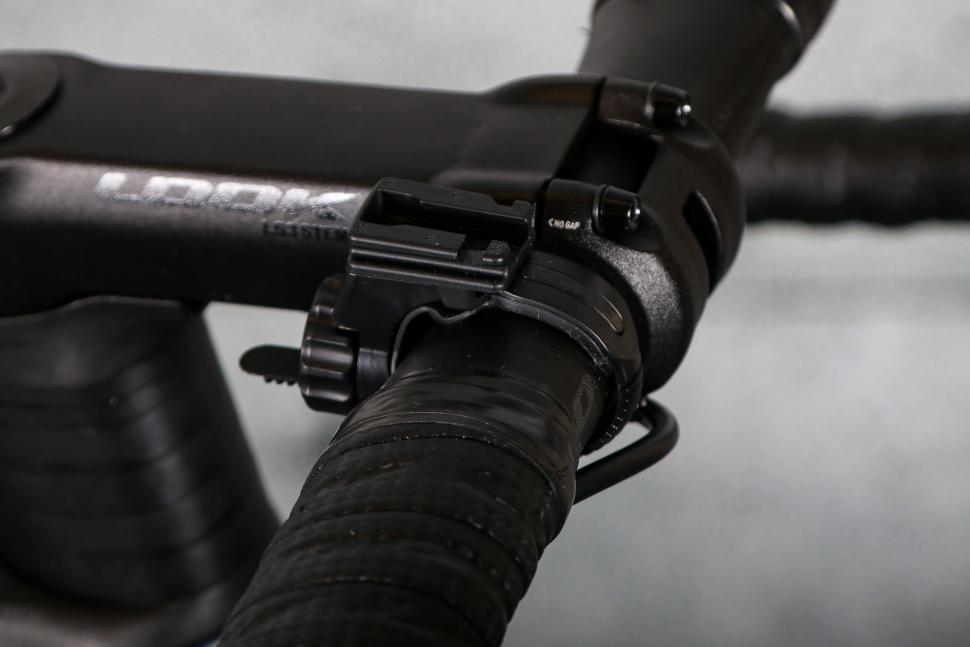
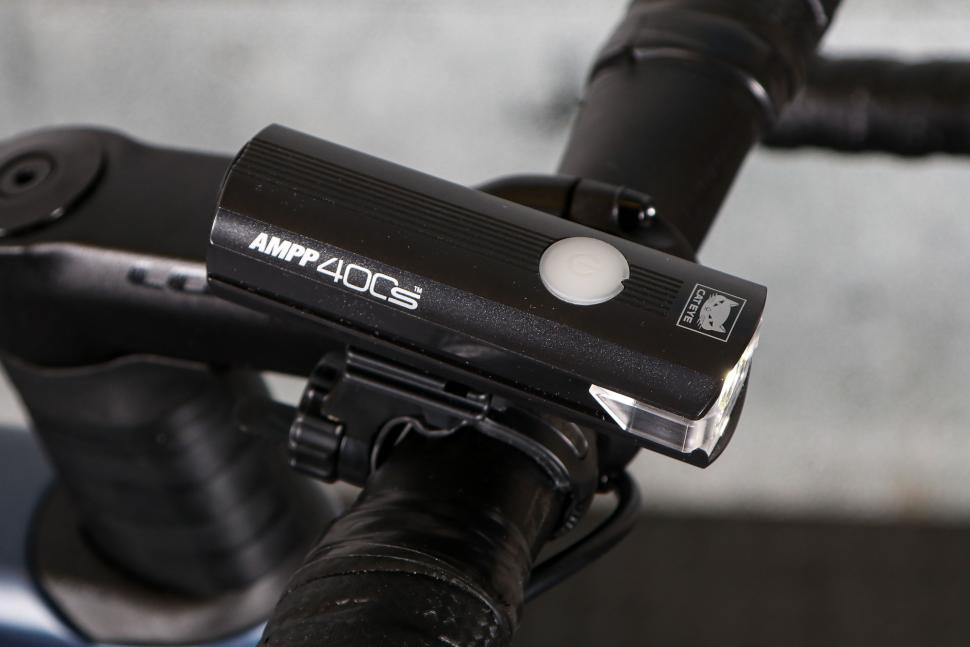
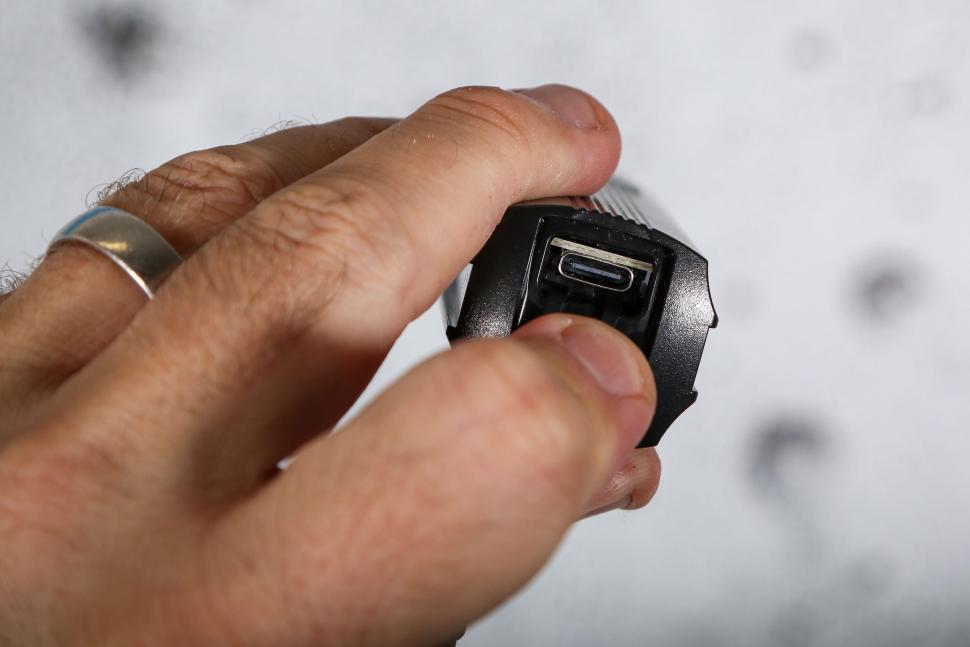
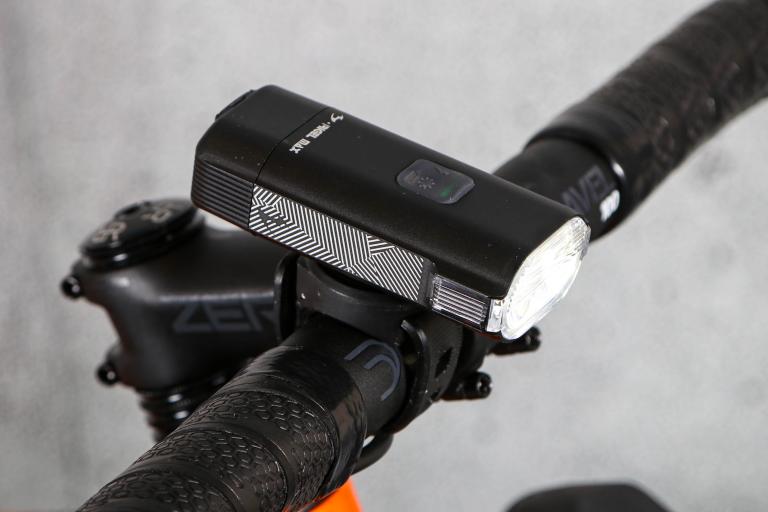
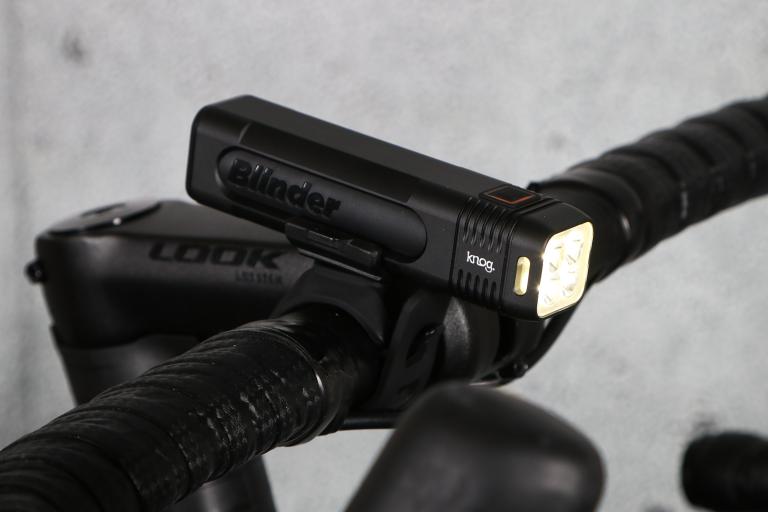
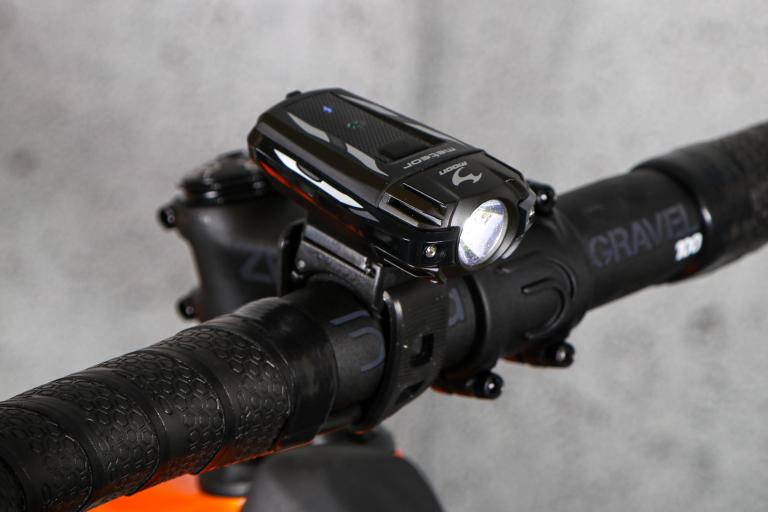
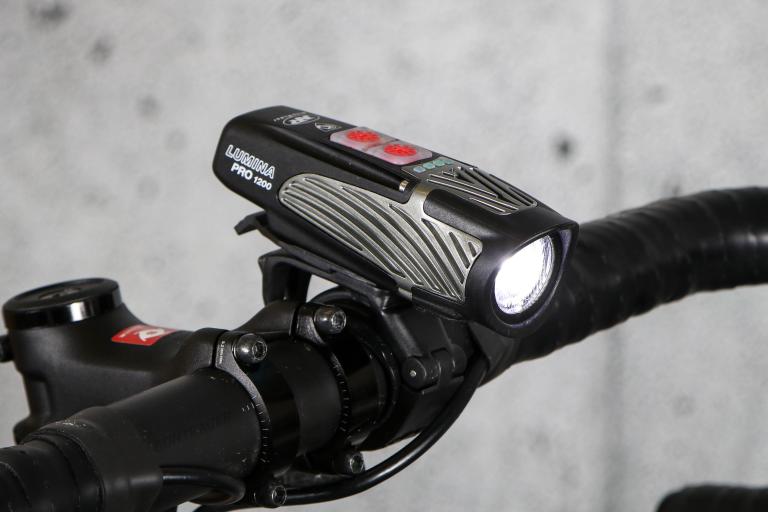
Add new comment
4 comments
Excellent, comprehensive review
Why in the world is "narrow beam" listed as a disadvantage? It's a road light, it _should_ be narrow, if you're not an asshole that likes blinding other road users.
Well, there's narrow, and then there's narrow. If you look at the sample photo given, you can see that the edges of the road, particularly on a bend, disappear into darkness.
As far as blinding others goes, width isn't really the most important factor - it's more the overall shape, and how much is 'leaked' upwards at the edges of the beam.
I dont think it should be that narrow. I used to use an older Moon Meteor Vortex Pro - It was a great light for what it was but then I switched to a chinese light off amazon similar to the likes of an Magicshine ALLTY 1200U or Raveman CR1000/K1800 with beam cut offs and anti dazzle lenses/diffusers that spread the beam out wider. And having a wider beam is so much more useful.
I only use the light on the lowest setting which is reported to be 200lumens and that works for me when commuting home in winter. Angle the light at the road about a wheel and a halfs length ahead and the beam cutoffs mean you'll hardly blind anyone.